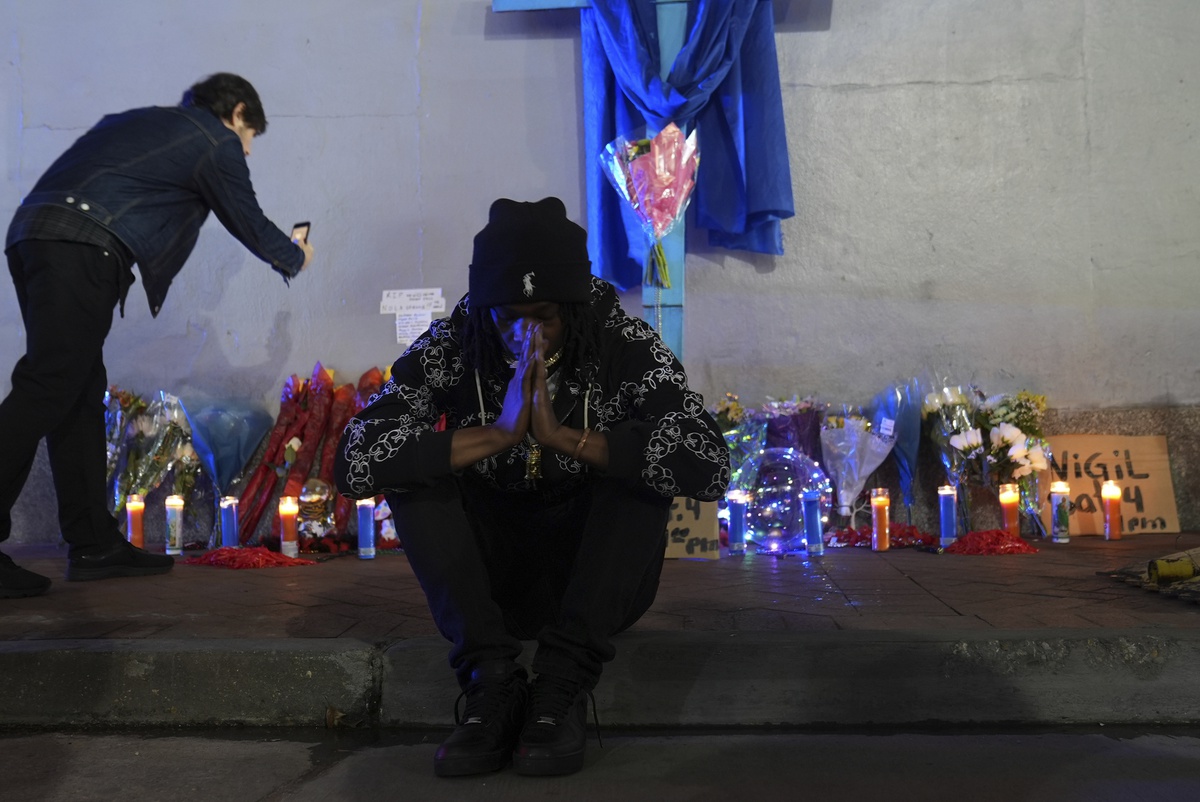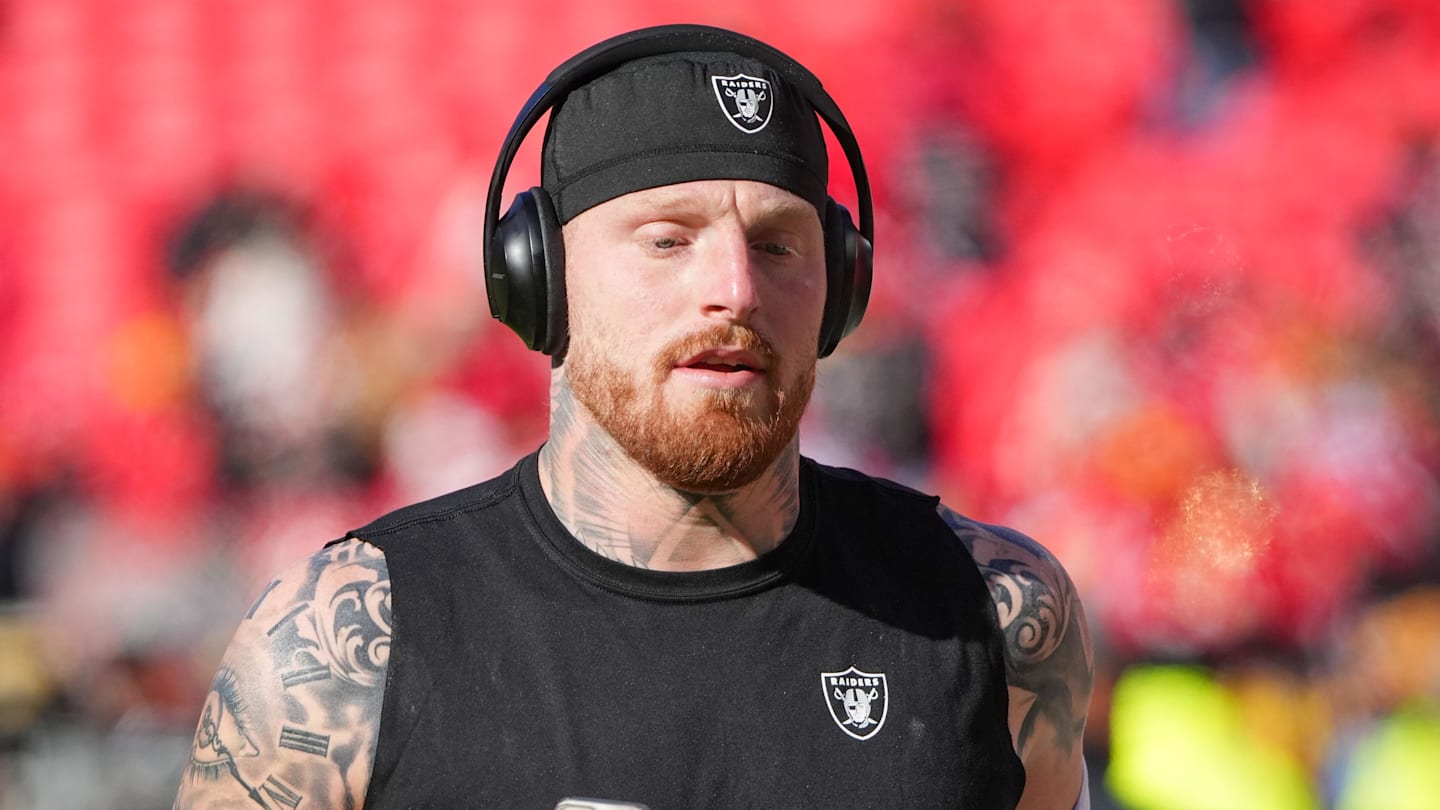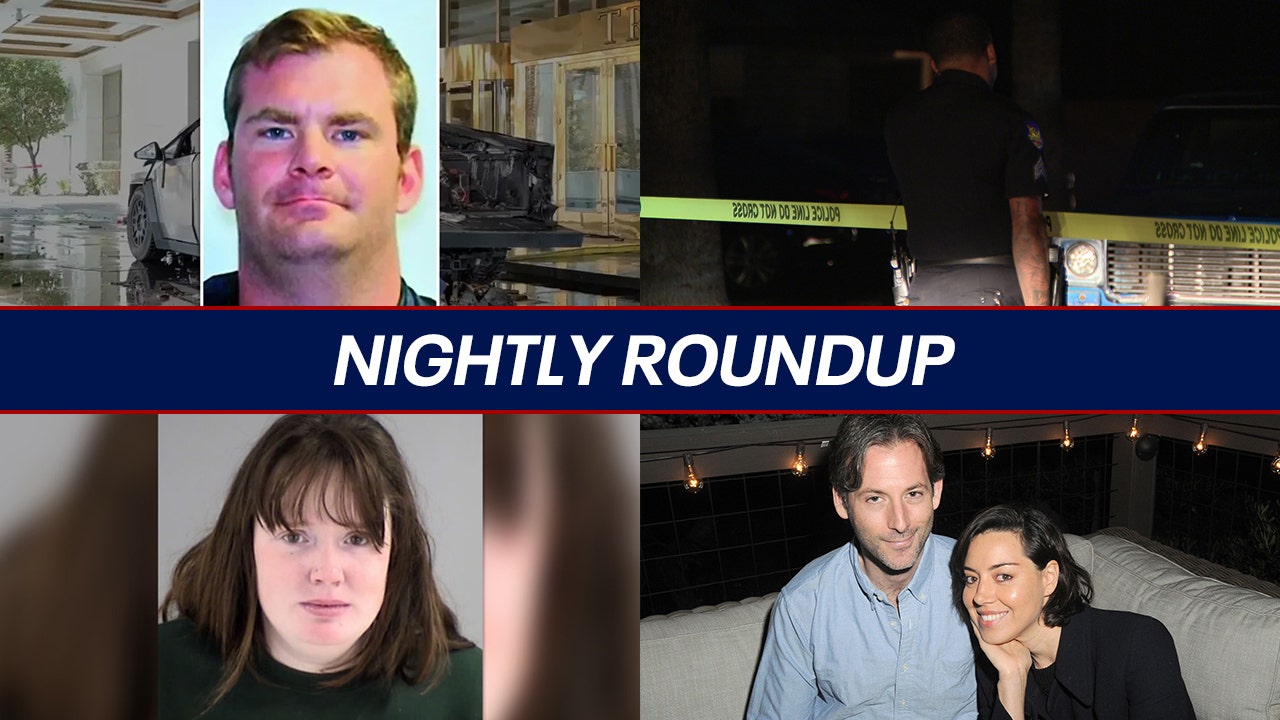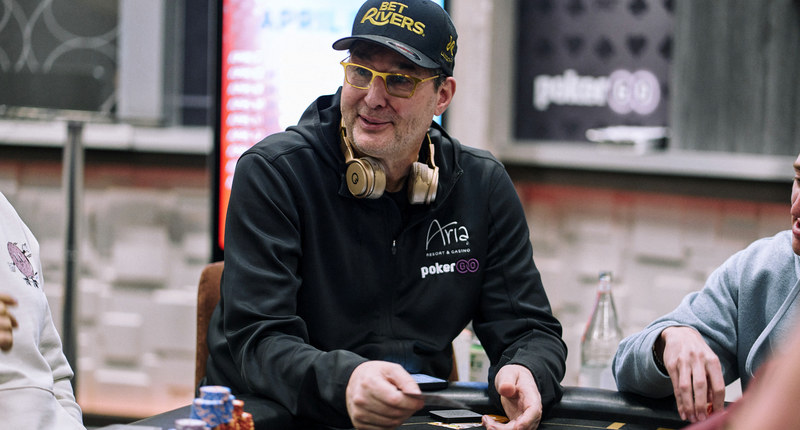Sunday, Jan. 5, 2025 | 2 a.m.
The unbridled hope and excitement for a new year quickly faded this week as the nation must mourn once again.
Fourteen people, many of them teenagers and young adults with long lives ahead of them, were taken from the world as a white pickup truck tore through New Year’s Day festivities on the iconic Bourbon Street in New Orleans. Dozens more joyous revelers, as well as several police officers, were left injured and are only beginning the road to recovery both physically and emotionally.
These victims’ stories should serve as a constant reminder of the unacceptable human cost of violence.
That cost was largely avoided a few hours later when a decorated combat veteran, apparently his spirit fractured by years of internal struggle, ended his life in an explosive act of terrorism that injured seven innocent bystanders, but fortunately took no additional lives, at the Trump International Hotel here in Las Vegas.
Each tragedy casts a shadow of grief over our nation. While each of the people killed or injured in these tragedies is the victim of an act of violence, they are also the victims of a society and nation that is too quick to violence, too silent on mental health and too slow to acknowledge or aid those who are struggling.
As we mourn the senseless loss of life and offer support to the survivors and condolences to the loved ones of those who were killed, we should also reflect deeply on the causes and missed opportunities for intervention that contributed to these tragedies.
Both Shamsud-Din Jabbar and Matthew Livelsberger — the men who have since been identified as the perpetrators of these acts of terror — were combat veterans who had served their country in uniform and lived to tell the tale, only to return home and find themselves adrift.
This is not to suggest that their military service led to their actions or that they aren’t responsible for their choice to perpetrate violence and bloodshed on innocent people. Indeed, most veterans transition successfully to civilian life, bringing discipline, leadership and resilience to their communities. They become coaches, teachers, mentors, and civic and business leaders who continue to earn the respect and admiration of their community. Even among those who struggle, many seek and find the help they need and build successful and productive non-military lives. But for a few, the fear, isolation and hopelessness can be insurmountable.
Jabbar turned to the dark ideology and powerful propaganda of the Islamic State. Livelsberger — a man once celebrated for his bravery and valor — became ensnared in a cycle of pain, trauma and disillusionment that those close to him suggest may have been caused by PTSD and a traumatic brain injury.
Both found themselves prey to radicalization. For Jabbar, ISIS provided a way to focus his demons on hating others. For Livelsberger, it appears he was radicalized by America’s right wing. Police have released writing attributed to him praising President Donald Trump and first buddy Elon Musk, decrying the right-wing bugaboo of diversity, equity, inclusion efforts and other obsessions of the online right. He apparently intended his act in front of the Trump hotel to be “a wakeup call.”
Both terrorists illustrate how damaged people can be manipulated by radical ideologies and then, in turn, become villains themselves and harm others. The obvious question looms: In both cases these men were once decorated patriots defending America. Something horrible happened to them before they inflicted horrors on others.
While much remains to be learned, each narrative reminds us of systemic failures: the failure to adequately address the mental health needs of veterans; the failure to confront stigmas around seeking help; and the failure to intervene before tragedy unfolds. These events demand a national response: not just in grief, but in action.
The Department of Veterans Affairs must be equipped to quickly and effectively address the unique challenges of combat-related trauma, including PTSD and traumatic brain injuries, with cutting-edge treatments and robust support networks.
Businesses and governments must strengthen the nation’s efforts to combat radicalization, addressing not only the online propaganda that ensnares vulnerable young and old alike, but also the underlying grievances that make such ideologies appealing.
And perhaps most importantly, society must foster a cultural shift where we start to see talk of violence toward groups of fellow citizens as a sign of significant mental illness that will inspire family, friends and co-workers to urge people to seek help. Spend any time in political discussion boards online and you will find that we have normalized talk of harming fellow Americans oversimple disagreements. We must realize that allowing this normalization will create a society of monsters.
We owe it to the memories of those lost to act with compassion and urgency. To the families shattered by these events, we offer our deepest condolences, but words alone are not enough. The greatest tribute we can pay to the victims is to build a society where such tragedies become unthinkable.
The road ahead will be long and fraught, but it is one we must walk together, united by our shared responsibility to one another. For every life lost, let us resolve to build a future where fewer are taken too soon.



